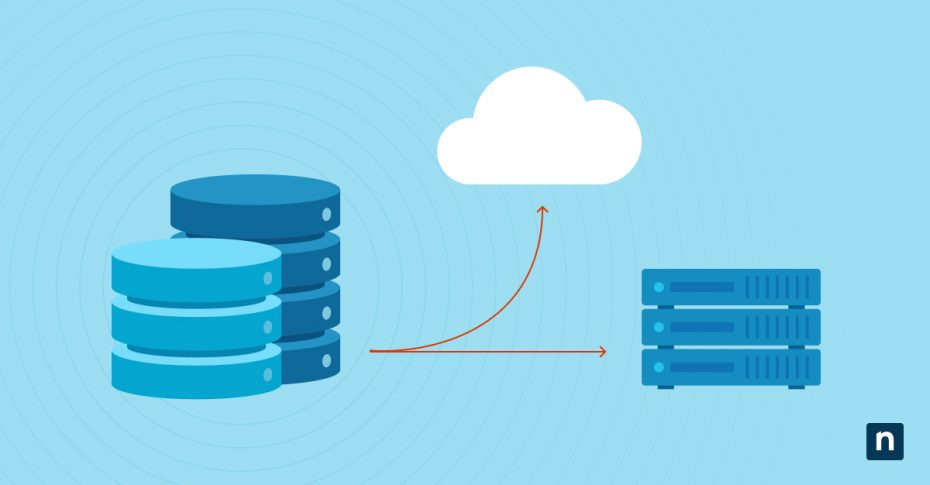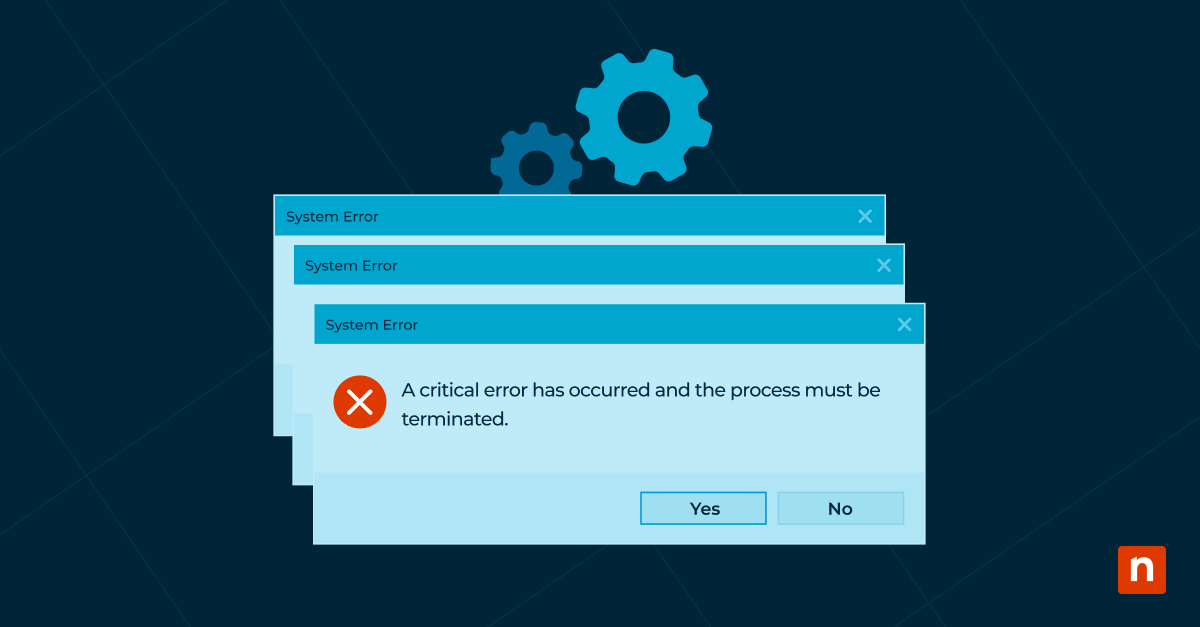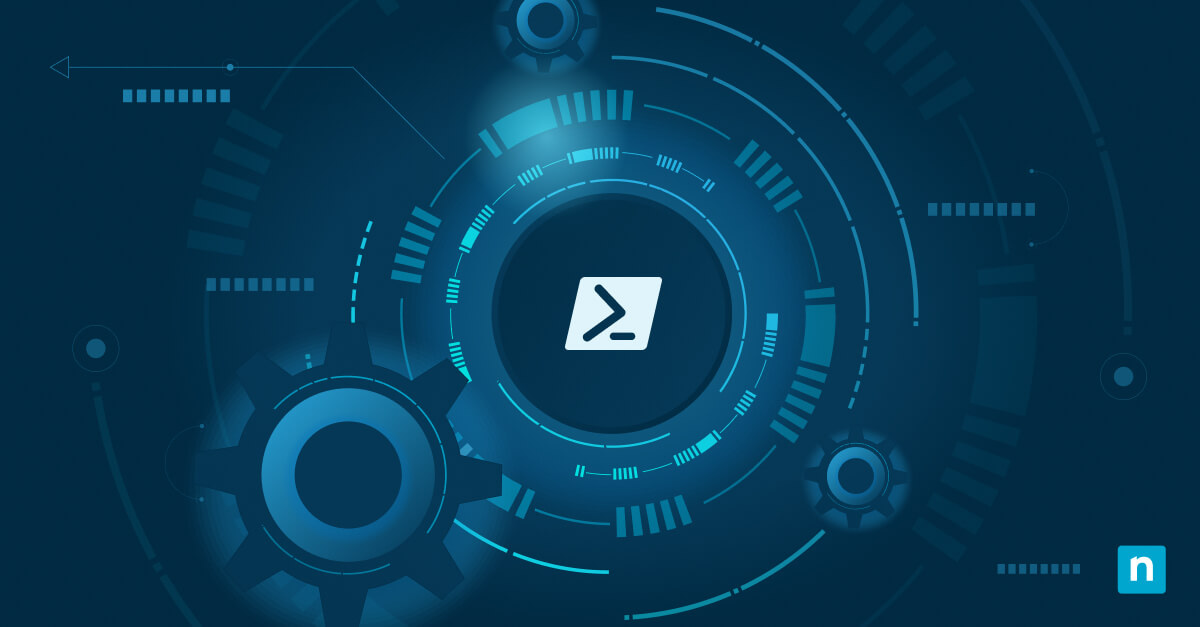For years, organizations have compared onsite and offsite data backups to determine which backup method is the most efficient and secure. Each type of backup and backup method has its own pros and cons, which vary depending on the endpoints and the data that needs to be backed up. Offsite backup is a widely used backup method for servers because it protects against onsite data disasters.
Because servers store large quantities of critical data, IT teams usually choose to use offsite or hybrid backups for them to ensure the safety of the data at all times. In this post, we will go over all the basics of offsite server backups, as well as some of the best server backup solutions on the market.
What is an offsite server backup?
An offsite server backup is the process of backing up and storing server data from an off-premise location. For instance, cloud backup is a type of offsite backup since it stores data online rather than at a physical location. The purpose of server backups is to replicate, secure, and store critical business data so that it remains safe and accessible at all times. IT professionals can conduct offsite server backups to protect digital information from onsite data disasters, such as environmental disasters or physical damage.
Offsite vs. onsite backups
When comparing offsite vs. onsite backups, you will notice two main differences that stand out from the rest. Firstly, offsite backups are stored in an off-premise location, while onsite backups are stored on-premise. Secondly, offsite backups can usually be implemented from any location, while onsite backups may require personnel to be physically on-premise.
Protect your data with onsite, offsite, or hybrid data backup options provided by NinjaOne Backup.
What are the advantages of offsite server backups?
-
Immediate data availability
If server backups are located solely on-premise, it’s difficult for remote or hybrid teams and business partners to access them when needed. High data availability is linked to business success, so ensuring that all teams have access to the data they need should be a priority. With offsite server backups, IT professionals are able to locate and access server data regardless of their physical locations.
-
Unrestricted scalability
As an organization grows, it requires tools and solutions that can grow along with it. Because offsite server backups are not limited by physical space, their scalability is unrestricted for managed service providers (MSPs) and IT professionals. Additionally, if the company needs to scale down its data storage during certain situations, that’s easily achievable as well with offsite backups.
-
Automation opportunities
With the right server backup solution, IT departments and teams can automate tedious backup processes and reduce manual workloads. Right now, large and overwhelming workloads are common in IT, and automating repetitive processes is one way to reduce burdensome workloads.
-
Efficiency increase
All of the benefits of offsite backup that are listed above will contribute towards improving IT efficiency. Automation efforts, reducing physical space along with costs, and supporting business scalability will all help server backup processes become more streamlined and cost-efficient.
What are the disadvantages of offsite server backups?
-
High costs
“Off-site backups are more costly than using external hard drives or removable media,” Rewind Backups declares. At first glance, this statement proves to be true. However, using only onsite backup methods will quickly become more costly than offsite methods if a business has remote/hybrid teams or plans to scale at a fast pace. So, although offsite server backups can come with high costs, they are usually well worth it for IT professionals.
-
Security and privacy issues
One of the largest concerns that businesses have with offsite backup is how it will affect data security and privacy. Whenever data is moved outside of an organization, there is an increased risk of unauthorized access, data breaches, or data loss during the transfer. Data loss comes with serious consequences, so organizations want to avoid such catastrophes at all costs. Fortunately, there are methods and tools IT teams use to address these concerns, such as data encryption and access controls.
-
Compliance concerns
There are many data compliance rules and regulations in the U.S. and around the world that businesses must follow. When storing and backing up data to offsite locations, IT teams must be aware of these regulations and ensure that they are in compliance.
Where are offsite server backups stored?
The three main offsite locations that IT professionals use for remote backups are data centers, remote backup servers, and the cloud. Server data backups are stored safely in these remote locations so that IT professionals can access data wherever and whenever they need it.
Best offsite server backup solutions
There are plenty of server backup solutions that provide offsite backup, so how do IT teams choose the right one for their organization? It all depends on what you are looking for in your new solution. For example, some excellent features to look for in data backup solutions include ease of use, scalability, automation tools, and integration capabilities.
Best server backup for IT efficiency: NinjaOne
NinjaOne offers a remote server backup solution that is built into the RMM platform. NinjaOne Backup provides flexible storage options (cloud, local-only, and hybrid), several secure restore options, and automation features to make offsite server backup a simple and efficient process. With data backup, patching, endpoint management, and other IT management tools combined into a single platform, IT professionals can easily automate tedious processes and access all their tools from a single pane of glass, thus boosting IT efficiency.
Best server backup for scalability: Veeam
Veeam Backup offers an enterprise-level server backup solution that’s known for its scalability and ease of use. IT professionals can manage backups from a simple, intuitive console and choose from flexible storage options for physical or remote servers.
Best server backup for ease of use: Druva
Druva offers a backup solution that is intuitive and easy to use. From a centralized platform, IT professionals can access and manage remote and onsite server backups. Additionally, they offer multiple data recovery options that are fast, simple, and secure.
Backup your servers offsite with NinjaOne
With today’s remote and hybrid IT environments, you need a server backup solution that ensures your data is always protected wherever it’s located. NinjaOne’s server backup solution uses image-based backup for servers so that users can protect their critical business data, applications, system files, and system state. With multiple restore options available, NinjaOne ensures that you can quickly access server data wherever and whenever you need it. Start a free trial of NinjaOne to see just how easy server backups can be.








